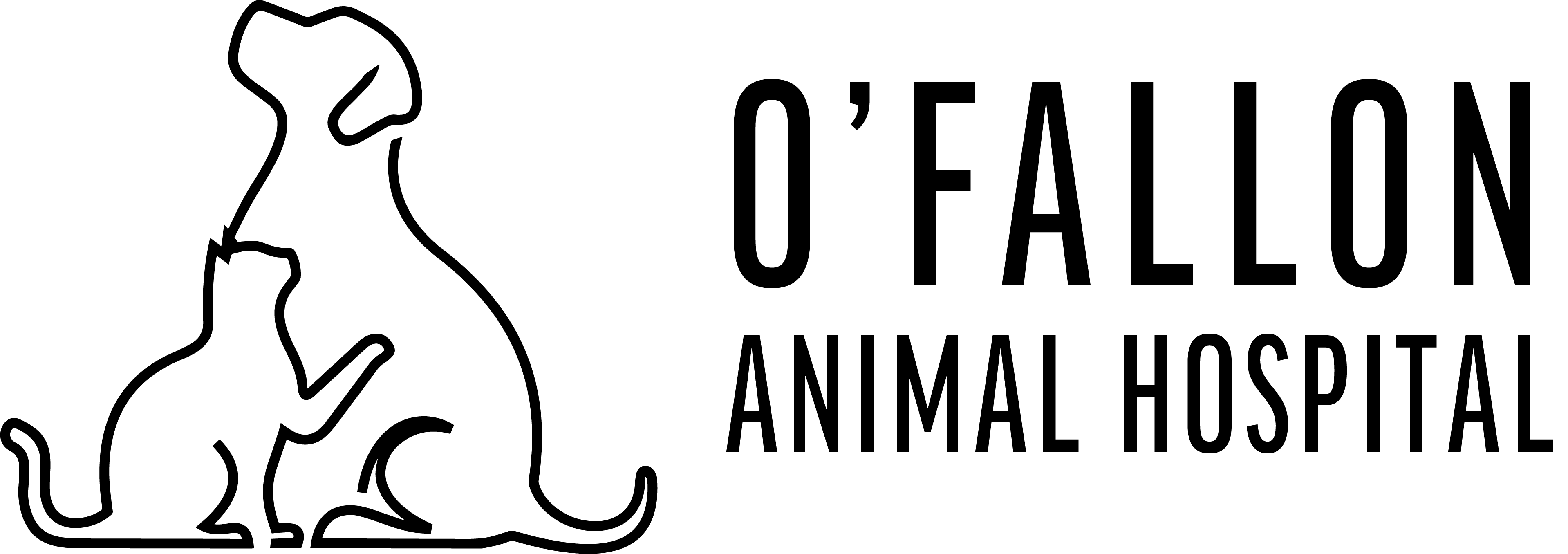Library
-
Once your cat has reached adulthood, their nutrient profile will change from when they were a kitten. Your veterinarian can help you determine what proportion of each nutrient is needed based on your cat's lifestyle and current body condition. It is important to lay a good nutritional foundation to maximize the health and longevity for your cat and reduce the potential for developing obesity.
-
Once your dog reaches adulthood, his nutrient profile changes from when he was a puppy. Your veterinarian can help you determine what proportion of each nutrient is needed based on your dog’s lifestyle and current body condition. Avoid free-feeding and work on a meal schedule. Following these steps can help your dog lead a healthier life and avoid becoming overweight or obese.
-
Food allergies can be problematic for many cats, especially after years on the same diet. Clinical signs may manifest as gastrointestinal or skin problems. Animal proteins are the most common causes and strict avoidance is the best way to treat affected cats. An 8 to 12-week elimination diet trial on a special veterinary diet is the only definitive method to diagnose a food allergy and, in some cases, the veterinary diet may need to be continued long-term.
-
Food allergies can be problematic for many dogs, especially after years on the same diet. Clinical signs may manifest as gastrointestinal or skin problems. Some animal proteins are the most common causes and strict avoidance is the best way to treat affected dogs. An eight to twelve-week elimination diet trial on a special veterinary diet is the only definitive method to diagnose a food allergy and, in some cases, the veterinary diet may need to be continued long-term.
-
Adverse food reactions in dogs are either caused by food allergy – an immune response to something ingested or food intolerance – a non-immunological response to something ingested. Signs of food intolerance are usually only digestive in nature. Food intolerance will generally occur on the initial exposure to the food or food additive in contrast to food allergy which requires repeated exposures to develop. Different causes of food intolerance include food poisoning, or inappropriate ingestion of an irritant, reaction to food additives, histamine reactions, lactose intolerance and dietary indiscretion such as eating fat or bones. A dietary history is important in diagnosing these conditions.
-
Gastrostomy tubes are placed percutaneously through the skin directly into the stomach and may be needed for cats who are unable to chew or swallow their food, or for cats with diseases causing anorexia. Special liquid diets or canned diets blended with water are recommended to be given in multiple feedings throughout the day, dependent on the cat’s reason for the tube. Instructions are provided by your veterinarian for tube feeding and tube maintenance. The tube can be removed as early as 14 days after placement once the cat is eating well. Your veterinarian will remove the tube.
-
Gastrostomy tubes are placed through the skin of the abdomen into the stomach to enable long-term nutrition in dogs that either refuse to eat or are unable to chew and swallow food. A special liquid diet or homemade mixture liquefied with water will be recommended by your veterinarian. Step-by-step instructions are provided. The decision to remove the tube will be determined by your veterinarian.
-
Guinea pigs can be hardy and easy to care for when provided an appropriate environment for their unique needs. Like all animals, guinea pigs are susceptible to certain problems and diseases. This handout outlines the diagnosis, treatment, and prognosis for some of the more common health problems of guinea pigs.
-
A pet hedgehog’s diet should mainly consist of high-quality hedgehog food mixed with high-quality, low-fat cat food. The diet may be supplemented with certain insects, fruits, and vegetables, which are listed in this handout. Foods that should be avoided are also listed. Hedgehogs have a propensity for obesity if their food intake is not monitored or controlled.
-
This article outlines general guidelines on food intake and supplementation for iguanas. Opinions vary on the nutritional needs of captive iguanas and our knowledge in the subject is continually expanding based on new dietary studies in reptiles. Check with your veterinarian for specific nutritional needs for your pet iguana.

